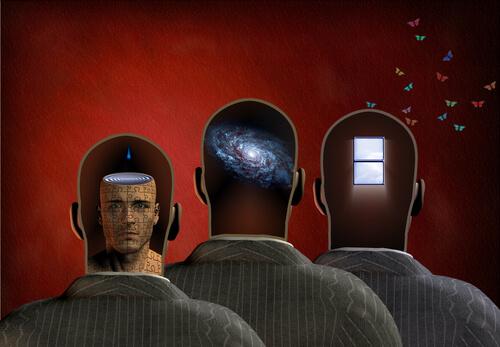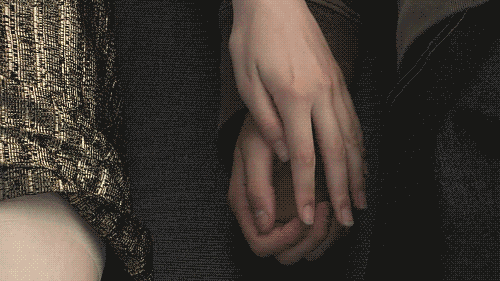Improve your memory with these two Keys

Memory is a mysterious and fascinating psychological process that continues to surprising us. The ability to be conscious of objects, facts, or situations that occurred in the past is a marvelous talent. As the study of this important process has advanced, some have proposed that there are two major keys to memory.
Thanks to our ability to remember, human beings are able to maintain a holistic view of their existence. Knowledge of the past anchors us to the presents and sows the seeds to the future. Not only that, this ability to evoke past events allows us to establish a continuous timeline for our lives. This is why losing memories or the ability to remember can deeply affect someone’s personality.
“Memory is the mind’s sentinel”
-William Shakespeare-
Memory is also has fundamental to learning, and allows us to associate known data with new information, among other things. Learning is simply the process of assimilating facts to your memory. It’s when you want to learn new information that two keys to memory become crucial: vivid impressions and sensory perception. Further in the article we’ll take a closer look at both of them.
Some aspects of memory
As we discussed earlier, memory is crucial to the association processes, which is allows us to assimilate new experiences. All experiences leave an impression that can be brought back to mind when you find yourself in a similar situation later. If the past experience was negative, remembering it allows you to take appropriate action.

Memory has four stages:
- Recording is the process of perceiving, storing, and making knowledge available for later recall.
- Storing is saving and maintaining memories over time. And it appears that your mind does store everything, although it cannot consciously recall all of it.
- Remembering is the process of bringing previously stored memories back to mind. Depending on the situation, this can either be an automatic or deliberate process.
- Recognition and localization is the process of recognizing specific details of what you remembered, and putting them in context.
Now then, according to established science, vivid impressions and sensory perception allow memories to be created, stored, remembered, recognized and processed more efficiently.
The first key: Vivid Impressions
There’s some debate if the idea of vivid impressions belongs to the realm of memory or association. But either way, the vivacity, or intensity, of an image, event, or experience is a decisive factor to remembering it effectively.

The key of vivid impressions states that the more intense an act or situation is when perceived, the stronger memory it creates. In this case, an impressions is the effect a particular event has on an individual.
For example, a surprise is a very vivid experience. The unexpected involves intense perceptions, emotion and reasoning. Basically, anything we learn along with intense or strong impressions becomes a sharper memory.
The second key: Sensory perception
The second major law of memory is that of sensory perceptions. These strongest come from the skin, that is, the sensation of touch. After that is smell and taste. All of these senses, that develop very early in life, and are fundamental to survival.
Because of that, events related to sensory perceptions have more potential to be remembered. Anything we touch, taste, or smell permeates more deeply into our connscienousness. Which is why learning from real life experiences is much more effective that learning from ideas or theories.

This text is provided for informational purposes only and does not replace consultation with a professional. If in doubt, consult your specialist.








